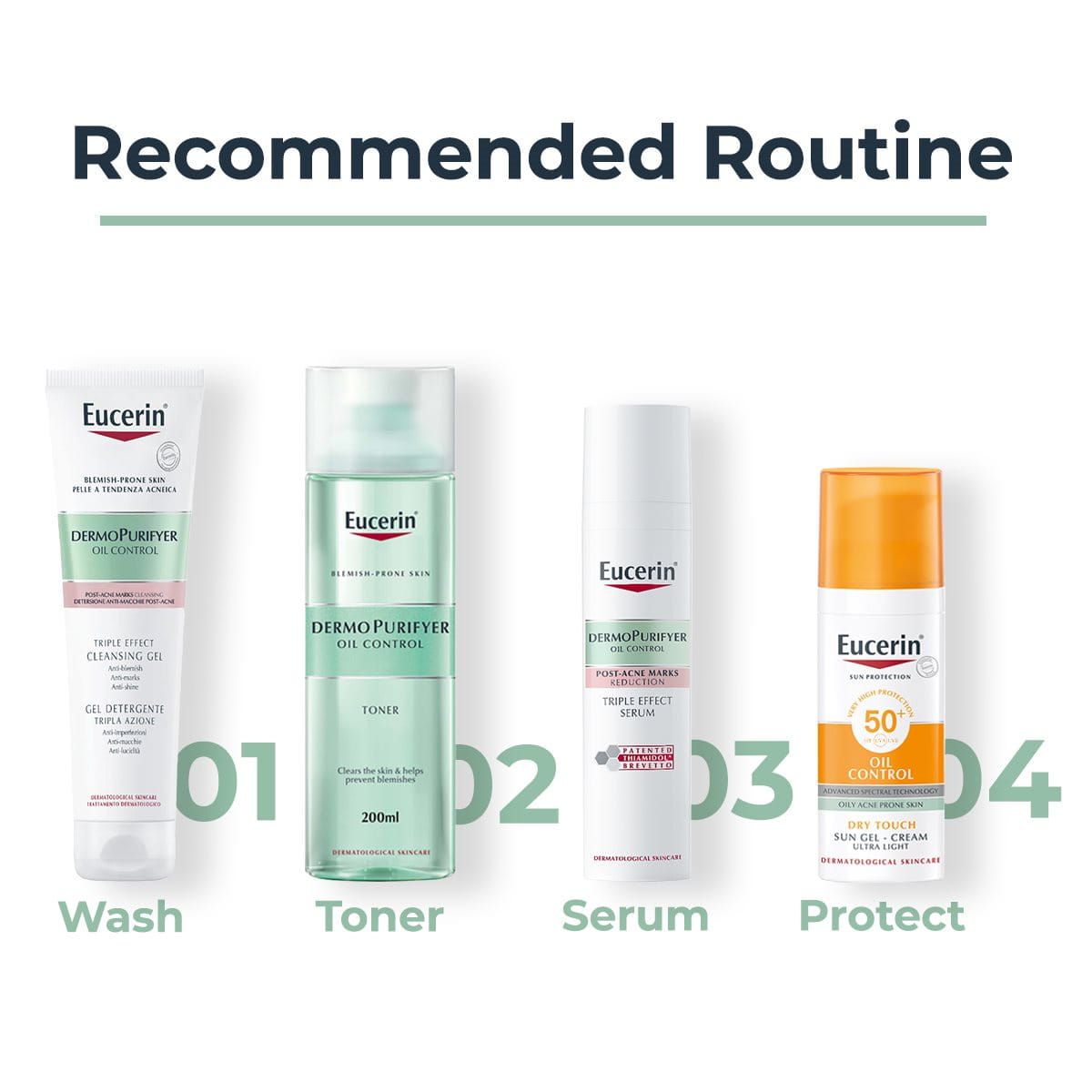If you have dry or sensitive skin, you must have already heard about how life-changing hyaluronic acid (HA) uses can be for your skin. While skincare pros are often blown out of proportion, all that talk may be true when it comes to hyaluronic acid. Here’s all you need to know.
Keynotes:
- Hyaluronic acid is a powerful humectant that hydrates skin by drawing moisture to its surface, making it ideal for dry and sensitive skin types.
- Hyaluronic acid serum benefits help enhance elasticity, reduce fine lines, and soothe irritation.
- When used with a good skincare routine—with cleansing, toning, serum, moisturiser, and SPF—it supports long-term skin health.
- HA is a lightweight, non-irritating active that suits all skin types, including oily skin.


